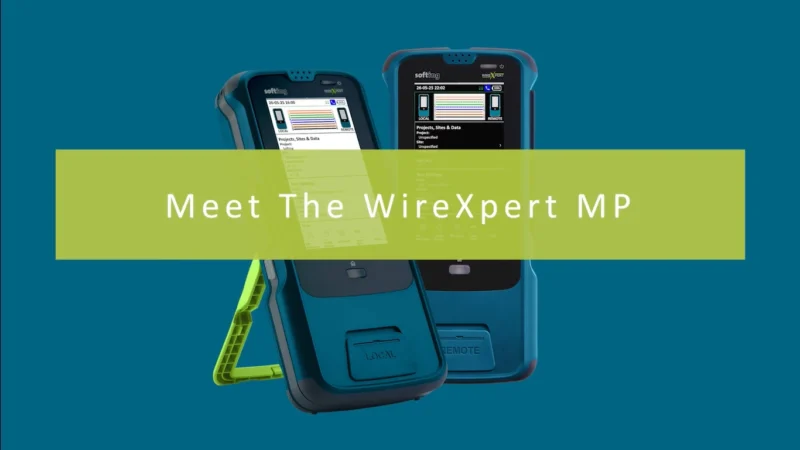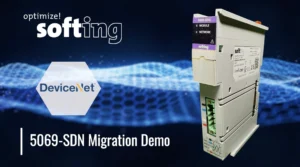Infinite IoT: The Evolution of AI Industrial Deployment
What was once the story found in science fiction novels has increasingly taken the world by storm. Everything from the ads you see online to advancing car technology is driven by artificial intelligence. In this episode of Infinite IoT, host Mat Ackley spoke with Lumenci CEO Harish Daiya to discuss the evolution of AI industrial deployment and more.
Daiya grew up in India with a passion for math. Eventually, he graduated with an Engineering degree in Computer Science and after several years of early work, moved to the US where he worked in a variety of businesses before co-founding Lumenci.
A serial entrepreneur and blogger with a passion for innovation, 12+ years of experience in technical consulting for IP litigation and licensing, and a recently accepted member of the prestigious Forbes Business Council, Daiya’s expert insights into AI deployment are fascinating for anyone interested in AI regardless of their existing knowledge.
With companies continuously looking for ways to reduce costs and increase profitability, vertical AI solutions provide start-ups with the opportunity “to build these vertical AI companies with a specific business use case in mind,” said Daiya. Vertical AI solutions can be based on Horizontal AI solutions while also being designed to target specific business challenges.
But to begin, Daiya provides a brief history of how AI came to be. “If we look back at the evolution of AI, AI actually evolved in the largest tech companies – Google, Microsoft, IBMs of the world – because they had a lot of data at their disposal and also good resources to use that data for specific use cases and business problems.”
Google Brain is an example of a horizontal, general-purpose AI solution that can be used by any company. And with the horizontal solutions, most of the research has been done so the larger organizations are building on what already exists. And with that, “there is also now room for start-ups to build these vertical AI companies with a specific business use case in mind” and that’s where Lumenci comes into play.
Listen in to learn more about the challenges of AI industrial deployment and how Lumenci helps companies define, develop, and deploy AI solutions for any industry, to address any challenge.








